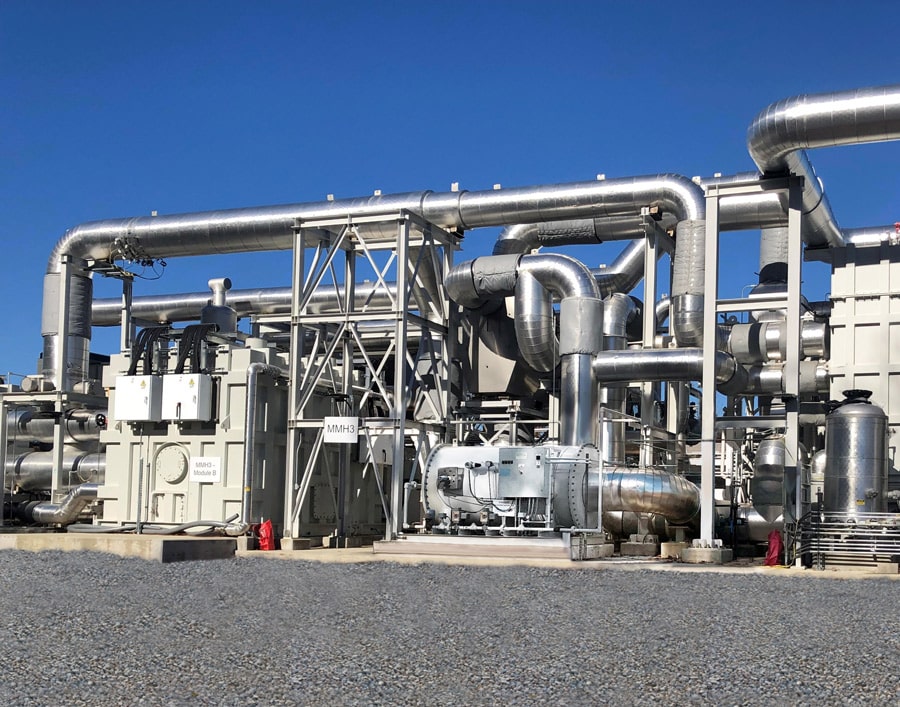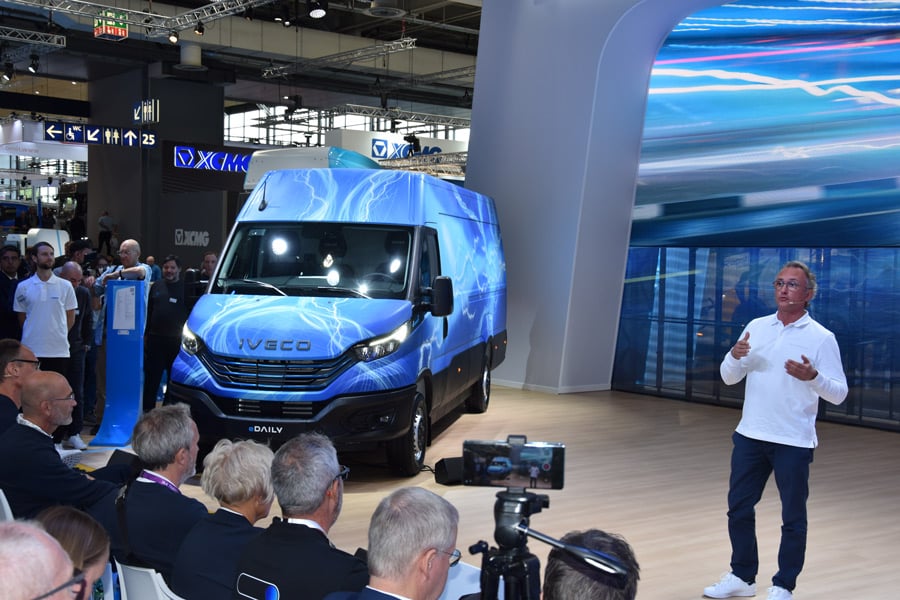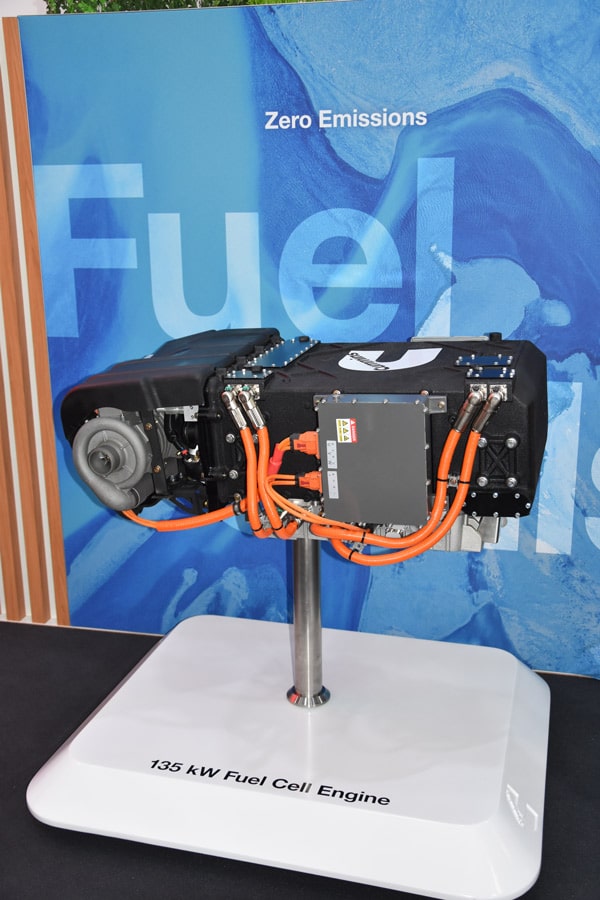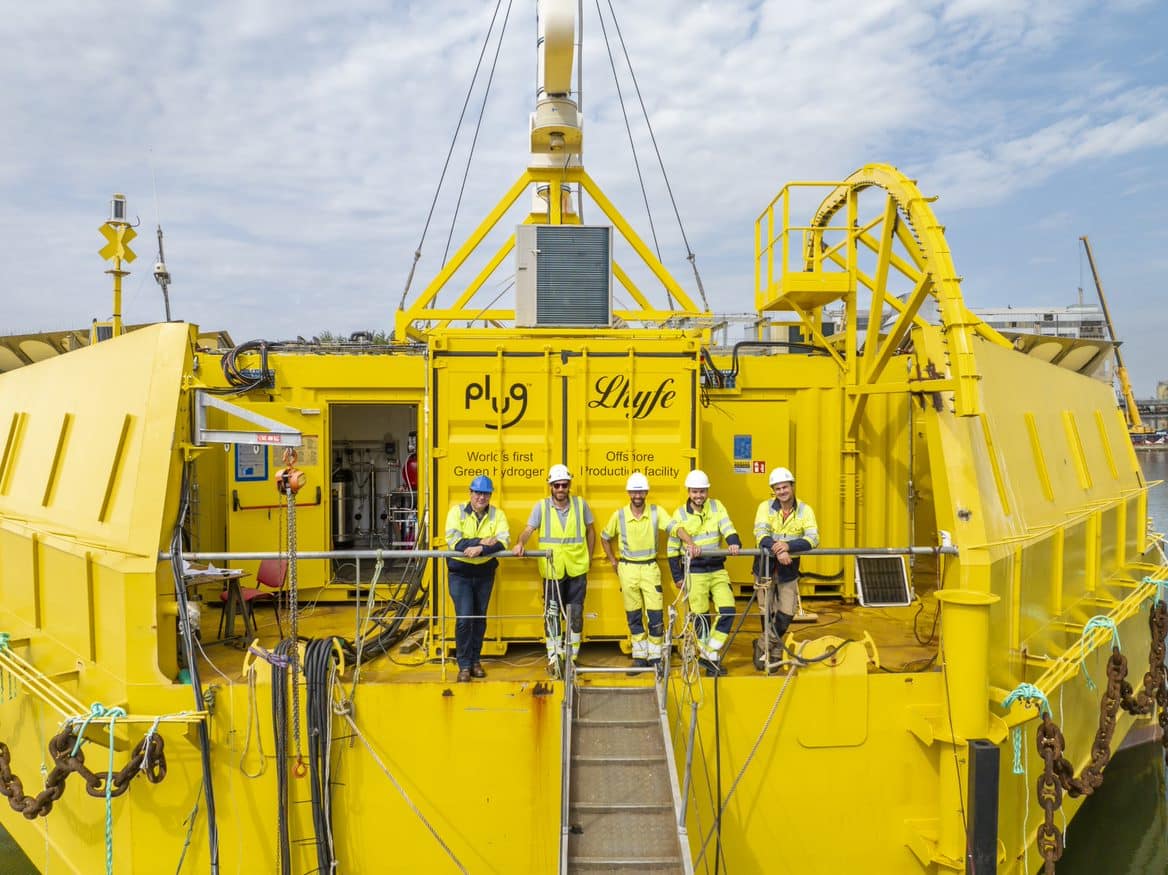A new study that claims battery-only vehicles to be cheaper and more economical than fuel cell vehicles has caused quite a stir in the electric transportation industry. On Nov. 14, 2016, the website of Stanford University showed a press release that made the headlines on several online portals. Reportedly, the main conclusions were that battery-driven vehicles could become cheaper than gasoline-powered cars from 2025 and that the ones running on fuel cells would require more than twice as much electrical energy. It was also noted that battery-powered engines reduced CO2 emissions at lower costs than fuel cell versions – particularly because of the infrastructure needed to produce hydrogen.
“We looked at how large-scale adoption of electric vehicles would affect total energy use in a community, for buildings as well as transportation,” author Markus Felgenhauer, former visiting scholar at the Stanford Global Climate and Energy Project and a doctoral candidate at TUM, explained in the press release. He added: “We found that investing in all-electric battery vehicles is a more economical choice for reducing carbon dioxide emissions, primarily due to their lower cost and significantly higher energy efficiency.”
Professor Thomas Hamacher was surprised that an article such as this one had created so much buzz. He told H2-international that there is no doubt that batteries were more efficient than fuel cells, which did not mean that battery-only vehicles were cheaper than fuel cell ones every single time. After all, the study did not consider seasonal storage options for hydrogen. Instead, “we simplified the setup,” he said.
Felgenhauer, M. F., Pellow M. A., Benson, S. M., Hamacher, T. (2016). Evaluating co-benefits of battery and fuel cell vehicles in a community in California. Energy, 114, 360-368.






























The Stanford study was centered on a particular case. Its generality can be doubted.